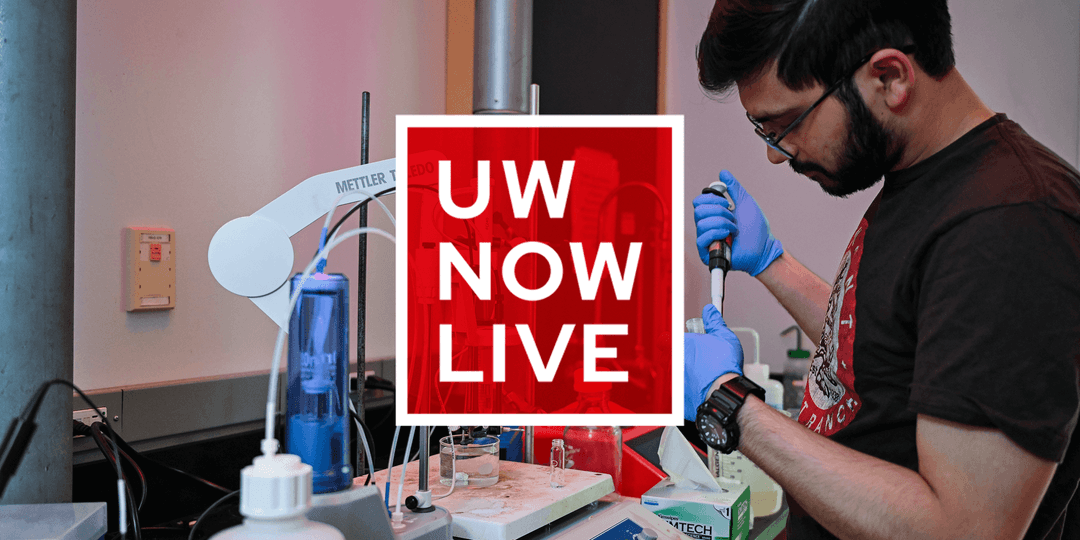Entrepreneur and business executive Rod Copes ’88 has spent his career revving up for a serious change in the mobility industry. After earning an undergraduate degree in mechanical engineering from UW–Madison, Copes enrolled at MIT and completed master’s degrees in mechanical engineering and management in 1993. He then began a 20-year career with Harley-Davidson, where he held numerous executive positions, including senior vice president of global sales and customer service. From 2014 to 2020, Copes served as president of Royal Enfield Americas and worked to reintroduce and grow the Indian motorcycle company's presence in the U.S. and all of the Americas. For both motorcycle companies, he was involved in the early stages of exploring electrification strategies for two-wheel vehicles. In 2020, he joined Rivian, an electric vehicle manufacturer, as its first chief operating officer until his retirement in 2021. Today, Copes serves as chairman of the board of Exro Technologies, a clean energy technology company, where he’s working to make electric vehicles (EVs) more practical and popular with consumers. He is also executive chair of Re:Car, a company that is exploring the development of an affordable and desirable EV.
Chief area of expertise:
I think what I bring to the table is a real balanced background. I spent about 20 years at Harley-Davidson and then moved on to some smaller startup companies and then went to Rivian as its first chief operating officer. Now I’m involved in a couple of electric vehicle startup companies. So, I bring a more balanced approach from traditional automotive and mobility [industries] and this new wave of electrification, as well as the startup mindset of being fast, frugal, and scrappy. That’s why I’m involved in a few startups right now and actually leading a new electric vehicle company. I think both sides are very important as we hit this inflection point and look at a major transformation in the automotive industry.
On The UW Now, I’ll discuss:
My thought was to share my experience and perspectives on the dynamic electric vehicle industry. It is a fascinating time as we are going through the largest transformation in the auto industry with electrification. If you go back to the early 1900s when the auto industry really took shape, interestingly enough, electric vehicles were quite popular. In the early 1900s, over a third of the four-wheel vehicles on the road were electric. In fact, Henry Ford’s first prototype was completed with Thomas Edison and was an electric car. For cost reasons and technology reasons, internal combustion engines were the dominant form factor, and they obviously succeeded.
But now, over 100 years later, we are seeing the diminishing returns with the internal combustion technology. There’s a lot of research and a lot of advancement now directed toward battery technology that’s going to allow electric cars to take over the next couple of decades. Ultimately, electric vehicles are a better solution for most uses and are simpler and will soon be less expensive to produce and operate. It’s going to be a long transition, but I think that understanding the history and the context is important.
And what’s the future look like? Some of it needs to be led and/or encouraged by government but, at the same time, you really need to produce a vehicle that people want, and then the infrastructure has to be there to give customers peace of mind and ease of use. One of the biggest challenges is charging and making sure that charging is available for people that may not have a garage. If they live in an apartment, how are they going to charge that vehicle? There are some really innovative, creative ways that we’re thinking about this challenge.
One thing I’d like viewers to remember is:
A key takeaway: it’s really not if, it’s when. [The transition won’t be] immediate; it’s going to take decades, quite honestly. It’s a combined event between companies, governments, and consumers to really take electrification to the next stage, which is slowly happening. If you look at it over the past few years, the U.S. went from about 2 percent of electric vehicles sold, to last year when almost 8 percent sold were electric. There is definitely a transition that has started, but it’s going to take a long time. It’s not going to happen overnight.
To get smart fast, read:
The beauty of it is, every day there are a ton of articles that are out there on electrification from mainstream outlets. There’s Automotive News, and there’s a lot of great academic research as well. The Wall Street Journal recently had a couple of really good articles about what’s potentially preventing the advancement of transition to electrification, or what might actually help it.




